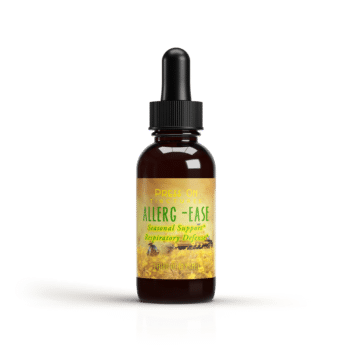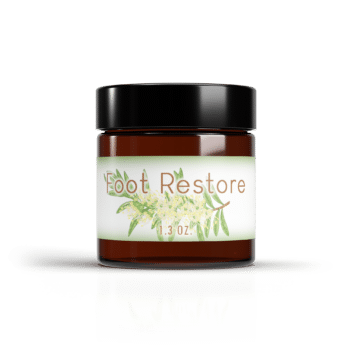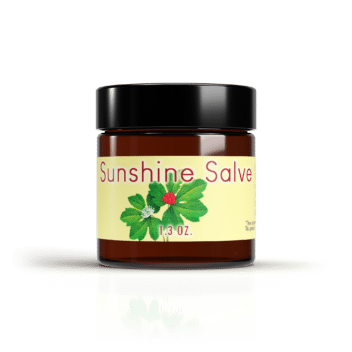Yarrow in Herbal Medicine
Yarrow, a flowering plant belonging to the Asteraceae family, has been revered for its medicinal properties for centuries. Known scientifically as Achillea millefolium, it has been used in traditional medicine across various cultures. This article explores the benefits of yarrow, how it is used in herbal medicine, and how you can incorporate it into your wellness routine.
A Brief History of Yarrow
Yarrow’s use in herbal medicine dates back to ancient times. It is named after Achilles, the Greek hero, who is said to have used it to treat his soldiers’ wounds during the Trojan War. The plant was also popular among Native American tribes, who utilized it for various ailments.
Throughout history, yarrow has been used to treat wounds, reduce inflammation, and alleviate pain. Its versatility and effectiveness have ensured its place in herbal medicine cabinets worldwide.
Yarrow Benefits
Yarrow is a powerhouse of health benefits, making it a staple in herbal medicine. Here are some of its most notable advantages:
Anti-inflammatory Properties
Yarrow contains compounds like flavonoids and sesquiterpene lactones, which have anti-inflammatory effects. These compounds can help reduce inflammation in the body, making yarrow useful for treating conditions such as arthritis and other inflammatory disorders.
Wound Healing
Historically used as a wound healer, yarrow contains tannins that help to contract tissues and reduce bleeding. Applying yarrow topically can promote faster healing of cuts, scrapes, and bruises.
Digestive Aid
Yarrow can support the digestive system by stimulating appetite and aiding digestion. It helps in the production of bile, which is essential for digesting fats. Drinking yarrow tea before meals can help improve digestion and alleviate symptoms like bloating and indigestion.
Menstrual Relief
Yarrow is known to help regulate menstrual cycles and reduce menstrual cramps. Its anti-inflammatory and antispasmodic properties can ease muscle tension and alleviate pain associated with menstruation.
Immune Support
Yarrow contains antioxidants that help strengthen the immune system. Regular consumption of yarrow tea may help fend off colds and other infections by boosting the body’s natural defenses.
How to Use Yarrow in Herbal Medicine
Yarrow can be used in various forms, making it a versatile addition to your herbal medicine cabinet. Here are some popular ways to use yarrow:
Yarrow Tea
One of the most common ways to consume yarrow is by making tea. Yarrow tea is easy to prepare and can be a soothing and effective remedy for various ailments.
How to Make Yarrow Tea
- Ingredients:1 tablespoon of dried yarrow leaves and flowers1 cup of boiling water
- Instructions:Place the dried yarrow in a teapot or a heatproof container.Pour boiling water over the yarrow.Cover and let it steep for 10-15 minutes.Strain the tea into a cup and enjoy.
Drinking yarrow tea can provide relief from digestive issues, menstrual pain, and colds.
Topical Application
For wound healing, yarrow can be applied directly to the skin. Here’s how you can create a simple yarrow poultice:
Yarrow Poultice Recipe
- Ingredients:Fresh yarrow leavesA mortar and pestle or a blender
- Instructions:Crush the fresh yarrow leaves using a mortar and pestle or blend them into a paste.Apply the paste directly to the wound.Cover with a clean bandage and let it sit for a few hours before rinsing off.
This poultice can help reduce bleeding and promote faster healing of minor cuts and abrasions.
Yarrow Tincture
A tincture is another way to harness the healing power of yarrow. A yarrow tincture is a concentrated liquid extract that can be used for various health benefits.
How to Make Yarrow Tincture
- Ingredients:Fresh or dried yarrow leaves and flowersHigh-proof alcohol (such as vodka or brandy)
- Instructions:Fill a glass jar with yarrow leaves and flowers.Pour enough alcohol over the plant material to cover it completely.Seal the jar and store it in a cool, dark place for 4-6 weeks, shaking it occasionally.Strain the mixture and store the liquid in a dark glass bottle.
Yarrow tincture can be taken orally for its health benefits or applied topically for wound care.
Precautions and Side Effects
While yarrow is generally considered safe, it is essential to use it with caution. Here are some precautions to keep in mind:
- Allergies: Some people may be allergic to yarrow, especially those who are allergic to other plants in the Asteraceae family, such as ragweed or chamomile. Perform a patch test before using yarrow topically.
- Pregnancy and Breastfeeding: Pregnant or breastfeeding women should avoid using yarrow, as it may affect hormone levels and uterine contractions.
- Medication Interactions: Yarrow may interact with certain medications, such as blood thinners and medications that affect the liver. Consult with a healthcare professional before using yarrow if you are taking any medications.
Conclusion
Yarrow is a versatile and powerful herb with a rich history in herbal medicine. Its anti-inflammatory, wound-healing, and digestive benefits make it a valuable addition to any natural wellness routine. Whether you choose to enjoy yarrow tea, apply a poultice, or create a tincture, this remarkable plant can support your health in various ways.
As with any herbal remedy, it is essential to use yarrow responsibly and consult with a healthcare professional if you have any concerns. By incorporating yarrow into your herbal medicine practices, you can harness the healing power of nature to enhance your well-being.



